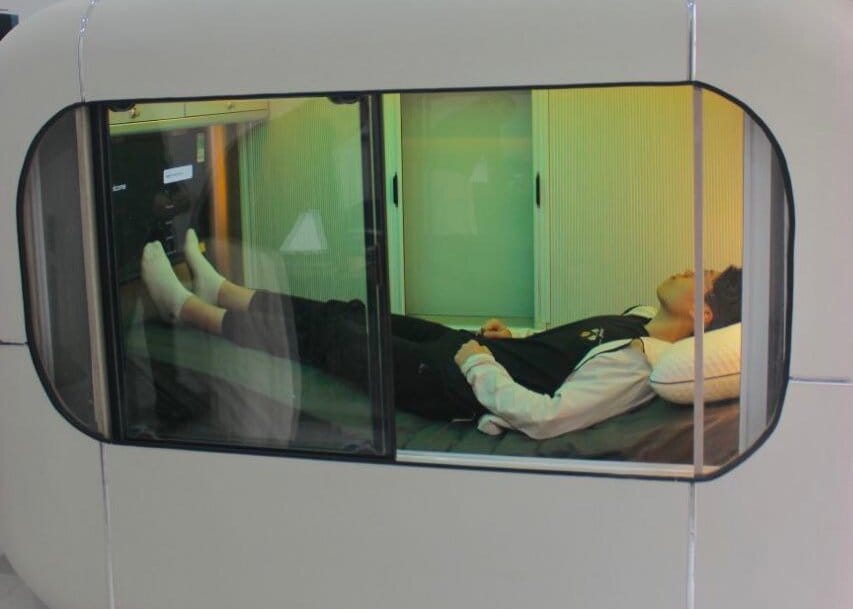The Role of AI in Enhancing Sleep Quality: A New Era of Personalized Sleep Care

The incorporation of AI into sleep care has become a revolutionary development in today's fast-paced culture, where sleep problems are on the rise. Improve your sleep quality with tailored insights, actionable suggestions, and creative therapies driven by AI. These solutions are changing the game when it comes to sleep health. It is crucial to investigate the many ways in which AI might improve sleep quality as we enter this new age of tailored sleep care.
Artificial intelligence's capacity to sift through mountains of data gathered from a variety of sources—such as smart mattresses, wearable gadgets, and sleep monitoring applications—is a major boon to the sleep care industry. Artificial intelligence (AI) may analyze this data using sophisticated machine learning algorithms to find trends, patterns, and correlations pertaining to sleep habits and their effects. By using this data-driven method, AI systems may create individualized sleep profiles for people, which reveal their behaviors, trends, and possible sleep disorder risk factors.
Also, by analyzing physiological data gathered from wearable devices, sleep monitoring algorithms driven by AI can precisely identify and categorize several phases of sleep, including light sleep, deep sleep, and rapid eye movement (REM) sleep. Artificial intelligence (AI) may discover sleep problems like sleep apnea or insomnia by carefully observing the architecture of sleep and detecting disturbances or irregularities in sleep patterns like frequent awakenings or fragmented sleep. People are able to get better sleep and feel better generally because they are able to get help when they need it thanks to this early detection.
In addition, sleep coaching services powered by AI help people develop better sleep patterns by using concepts from behavioral science and providing them with tailored feedback. These systems analyze user data to determine what aspects, such stress levels, environmental conditions, and sleep hygiene habits, may be changed to improve sleep quality. Individuals may take charge of their sleep health with the help of AI-powered sleep coaching apps that provide personalized suggestions and practical insights.
The area of sleep diagnosis and therapy is also making strides thanks to sleep technology driven by AI. As an example, AI algorithms have the potential to automate the interpretation of sleep studies and enhance diagnosis accuracy by analyzing data from polysomnography (PSG), the gold standard for identifying sleep disorders. Healthcare practitioners may develop individualized treatment programs and maximize therapeutic results for patients suffering from sleep disorders by using AI-driven prediction models that can anticipate individual reaction to various treatment methods.
If current trends continue, artificial intelligence (AI) in the sleep care industry has enormous potential for future breakthroughs. One such path might be the creation of bedroom-integrated, AI-powered sleep monitoring devices that provide real-time feedback and personalized treatments to improve the quality of sleep. In order to provide the best possible circumstances for sleep, these smart sleep spaces may include technologies like intelligent lighting, temperature management, and ambient soundtracks.
To further aid people in their quest to better their sleeping patterns, sleep coaching platforms are using chatbots and virtual assistants driven by artificial intelligence to provide individualized assistance and advice. To improve participation and compliance with sleep treatments, these virtual assistants may provide personalized instructional information, methods for changing behavior, and motivating reminders.
Finally, the area of tailored sleep care is being radically altered by AI's revolutionary impact on improving sleep quality. There has never been more chances to learn about, keep tabs on, and enhance sleep health than with AI-powered solutions, which include data analytics, sleep monitoring, sleep coaching, and treatment optimization. It is essential to harness the potential of AI to enable people to achieve greater sleep and overall well-being as we enter a new era of tailored sleep care.
Follow Us:





